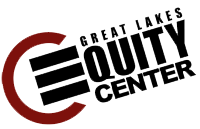Creating Shared Access: Bilingual Teachers and Children Using Technology to Multimodally Negotiate Understandings in Science and Language
We explore whether the use of assistive technology allows teachers and children to negotiate shared understandings for learning science and language. We understand our afterschool sessions as critical encounters. Artifacts used in the encounters enabled transcending of the tensions and became drivers for learning. In the studied 13 encounters, science conceptual development was privileged over other learning, such as language or multimodality. Those encounters including children who were positioned as less able to learn in the school deemed the highest number of artifacts. We suggest that the promotion of meaningful learning experiences for children with a variety of educational needs, particularly those deemed as less able, calls for the use of technological tools allowing for multimodal negotiation of shared understandings.

